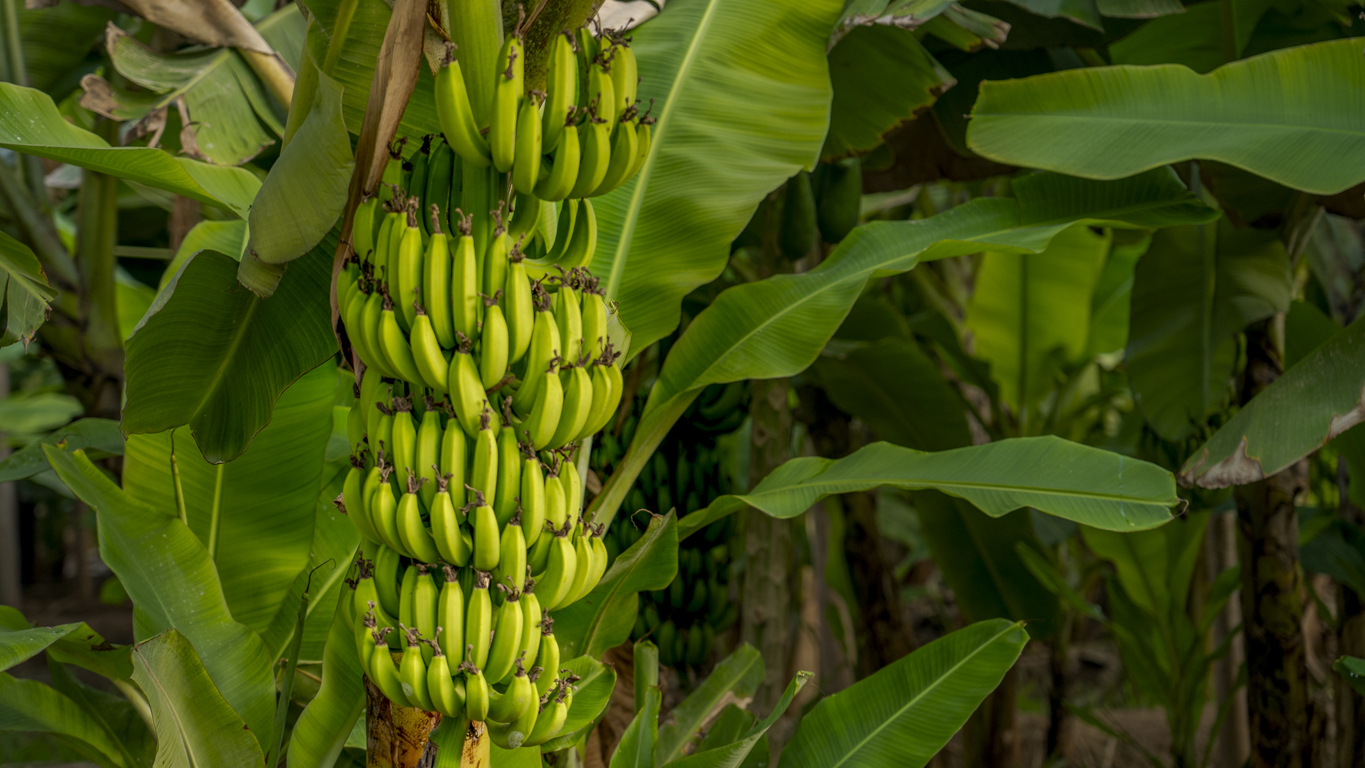The Ultimate Guide for Ghana Importers Buying from Nigeria
Trade between Ghana and Nigeria has grown steadily over the years, creating opportunities for importers seeking competitive products and reliable supply chains. Ghana importers buying from Nigeria face both opportunities and challenges in navigating the complexities of cross-border trade. Understanding market trends, logistics, and regulatory requirements is essential for successful sourcing.
Understanding Ghana Importers Buying from Nigeria
For many Ghanaian businesses, Nigeria offers a wide range of products, particularly in fast-moving consumer goods (FMCG), textiles, electronics, and raw materials. Importers are drawn to Nigeria’s manufacturing hubs in Lagos, Kano, and Port Harcourt, where a combination of local production and competitive pricing creates opportunities.
However, Ghana importers buying from Nigeria must consider factors such as product quality, supplier credibility, and cost-effective logistics. Building strong relationships with trusted Nigerian suppliers is crucial to maintaining consistent inventory and avoiding supply chain disruptions.
Key Challenges Ghana Importers Buying from Nigeria Face
Despite the opportunities, several challenges can impact trade efficiency.
1. Regulatory Compliance: Cross-border trade requires adherence to import regulations, customs documentation, and taxes. Mismanagement of these can lead to delays or penalties.
2. Logistics and Transportation: Transporting goods from Nigeria to Ghana involves navigating border procedures, freight management, and sometimes infrastructural constraints.
3. Supplier Reliability: Not all suppliers offer consistent quality or timely delivery, which can affect business operations and customer satisfaction.
4. Currency and Payment Issues: Variations in currency exchange rates and payment processing can add uncertainty to transactions.
Practical solutions include partnering with experienced logistics providers, using verified suppliers, and maintaining clear documentation.
Strategies for Successful Ghana Importers Buying from Nigeria
1. Vet Suppliers Thoroughly: Conduct background checks, request samples, and verify credentials before committing to large orders. Reliable suppliers reduce the risk of delays and substandard products.
2. Leverage Professional Logistics Services: Efficient transportation and customs clearance are critical. Partnering with companies like Wigmore Trading ensures smooth border processes and timely delivery.
3. Optimize Inventory Management: Importers should plan orders based on demand forecasts to avoid stockouts or overstocking. This strategy also helps reduce storage costs.
4. Monitor Market Trends: Staying informed about product availability, pricing trends, and market demands in both Nigeria and Ghana enables importers to make informed sourcing decisions.
5. Ensure Transparent Payment Terms: Using secure payment methods and negotiating clear terms with suppliers minimizes financial risk.
By implementing these strategies, Ghana importers can achieve cost-effective, reliable, and streamlined sourcing operations.
How Wigmore Trading Supports Ghana Importers
Wigmore Trading provides end-to-end solutions for businesses navigating West African trade. From supplier verification to logistics management, Wigmore Trading helps Ghana importers buying from Nigeria save time, reduce risk, and maintain consistent product quality.
Whether sourcing FMCG, textiles, or raw materials, our team offers practical guidance and support to optimize your supply chain.
Conclusion
Ghana importers buying from Nigeria can benefit significantly from strategic sourcing, supplier reliability, and efficient logistics. While challenges exist in cross-border trade, practical strategies and expert support can streamline operations and improve profitability.
Contact Wigmore Trading today to streamline your sourcing and gain access to trusted Nigerian suppliers, efficient logistics, and industry insights that enhance your business performance.








Comments are closed.